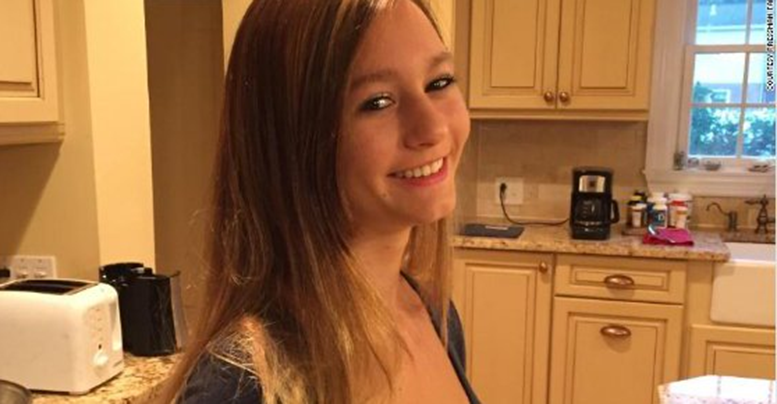Aetna (NYSE:AET) the U.S’s fifth largest health insurance company that covers more than 23.1 million people, has just denied a fifteen-year-old brain surgery, three days before the said surgery was to take place. Cara Pressman has suffered seizures since she was just nine years old and they have increased as she’s gotten older. These seizures can be triggered by stress, by being happy, by exerting herself – just about anything can trigger them.
When they strike, they take over her whole body, she gets cold and she shakes from 20 seconds up to two minutes. Cara describes them as “zoning out” but being completely aware of her surrounding but unable to do anything. In the six weeks since Aetna denied the surgery the teen has suffered more than two dozen seizures that affect her everyday life.
The surgery that was denied was a minimally invasive laser ablation surgery, and Aetna still stands behind their decision. This procedure entails a thin laser being used to heat and destroy the certain lesions on the brain where the seizures are originating from.
Neurologists deem this minimally abrasive surgery far safer as it only drills a small hole in the skull, rather than the more traditional approach in which the top portion of the skull is actually removed.
In denying Cara her surgery, Aetna considers this ablation surgery to be “experimental and investigational for the treatment of epilepsy because the effectiveness of this approach has not been established.”
In their denial letter, they highlighted that their clinical studies have not proven that this particular procedure is an effective treatment for this member’s particular condition.
The company has made a statement to the press, as they’ve received a copious amount of backlash stating:
“Clinical effectiveness and our members’ safety are the primary criteria we use in determining whether a treatment or service is medically necessary. There is currently a limited amount of evidence-based, clinical studies related to laser ablation surgery. As noted by the Epilepsy Foundation, only studies with a very small number of participants have been used to report the effectiveness of this procedure. We consistently evaluate any new studies or additional evidence when developing our clinical policy bulletins, and will continue to do so for this procedure.”
As many medical professionals in the field of Neuroscience continue to fight for this teen providing specific clinical evidence, the insurance company remains to stand by their original decision.
Featured Image: twitter











